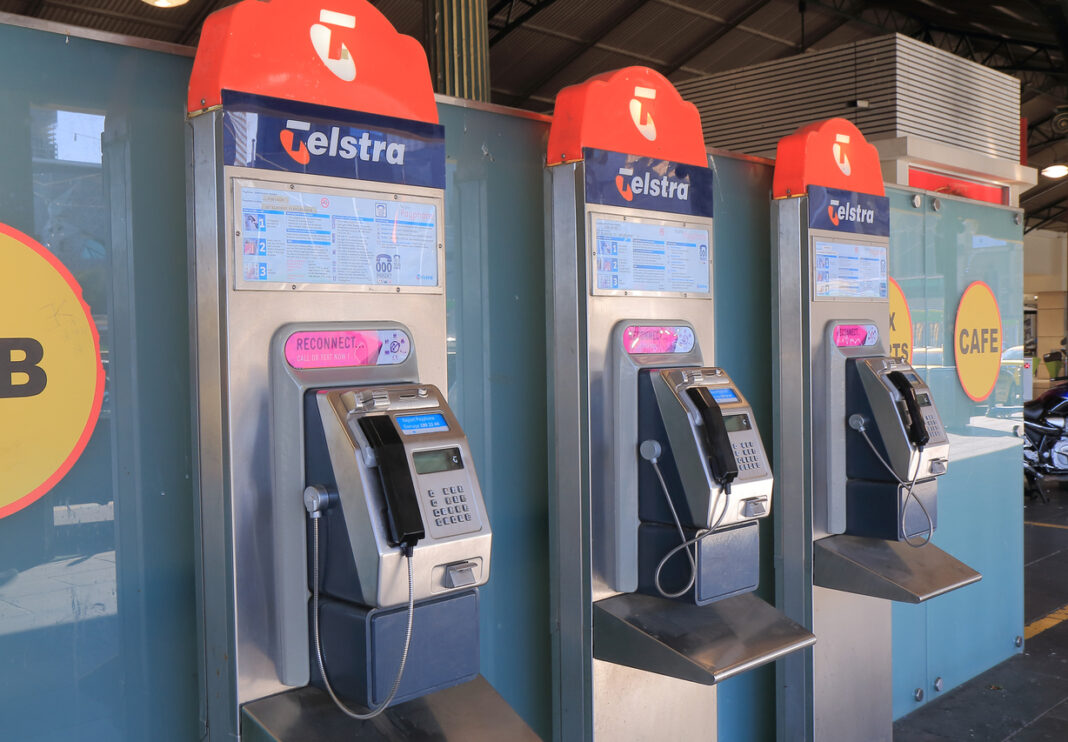Telstra has joined the growing number of Australian businesses to implement a non-standard recruitment process in the aim of attracting neurodiverse employees, such as people with autism.
As many as one in 59 people are on the autism spectrum, only 40% of whom find employment.
This is despite research showing employees with autism are 92% more productive and 48% faster than non-autistic employees.
Autistic individuals can also have higher than average abilities in areas such as pattern recognition, memory, analysis and mathematics.
More than 100 neurodiverse candidates have applied for Telstra’s eight available roles as network engineers, senior technicians and in business support – based in Canberra, Melbourne or Brisbane.
Those candidates have been scouted using alternative methods by Telstra’s recruitment partner, Specialisterne, a worldwide company specialising in placing autistic talent.
Short-listed applicants will not be required to participate in an interview, but rather will go through screening workshops, skills assessments, learning modules, personal activities, and scenarios.
Telstra senior capability specialist Serap Potocki said the program was part of Telstra’s diversity and inclusion program and diversity of all kinds made workplaces stronger.
“We all know that diversity in the workplace brings different perspectives and helps increase innovation, which leads to better service for our clients,” Ms Potocki said.
“We need an inclusive culture to help attract excellent and diverse talent and therefore service our customers needs.”
Ms Potocki said the high number of applicants was good for Telstra as it represented significant talent, but she wanted to assure the unsuccessful candidates there would be other opportunities.
“We don’t want people to be discouraged, this is a community who can feel forgotten. Their needs aren’t always met, and their voices aren’t always heard,” she said.
“At Telstra, we are proud to embark on this program and we think it sends the right signals to the community.
“But it’s not just great for us, the whole process is a learning opportunity that everyone can get something out of.
“And it puts them (the candidates) on our database, and they will be contacted if the right opportunity comes up.”
The program also provides post-employment support and managerial training and education for autism awareness – intensively to begin with, before pulling back as the employee finds comfort in the workplace.
Ms Potocki said these were long-term positions, not internships, just “supported recruitment”.
“They will be treated no different than any other employees,” she said.
In 2020, Specialisterne Australia made a submission to the Federal Select Committee’s inquiry into the services, support and life outcomes for autistic people in Australia.
Their submission consisted of short-, medium- and long-term recommendations for systemic change and removing workplace barriers for people with autism.
For more news:



